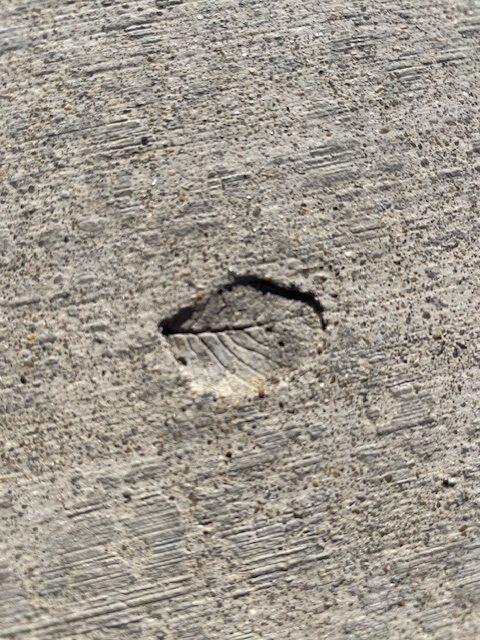Rae Giana Rashad writes literary fiction rooted in Texas, often layered with historical and speculative elements.
Her debut novel, The Blueprint, was a finalist for the PEN Open Book Award and Writers’ League of Texas Book Award. Her second novel, Sweet Water, is forthcoming from Harper.
Dear Self,
You wanted so badly to be good.
To be respected.
To be safe.
I understand why. For a long time, being seen felt dangerous. Not the seeing that comes with interviews or standing on a stage, but the kind that happens on the page. You were afraid of being known by your sentences. You wanted to tell the story without exposing the part of you that carried it.
But you’ve always known that when you try to be safe, you write around the truth instead of through it. You imply instead of reveal. You protect your characters because you’re trying to protect yourself. You soften what was never meant to be soft.
So you rejected that. Your debut was heavy—so heavy that when it went into the world, your bones ached, and yet, you were hollow. You lay awake marvelling at how pain could travel in an empty space. Was there anywhere it couldn’t go? For months, you moved through a haze, unable to read or begin again. Nothing was beautiful enough for you to get lost in. Nothing was blue. Your husband finally dug you out from under the fear that you only had one book in you, that you could only write one thing. He brought you your laptop and reminded you that you still had something to say. Say it again in a different way, but say it again.
Say it again.
Again.
This is who you are, he said. This is what you do.
You finally started something new. This time, you told yourself you would be gentler, easier to hold. It didn’t feel right, but it felt…easy. You told yourself that this sewing of the seams was healing.
You wrote a few thousand words of cotton-softness with smoothed edges, a gentler offering.
Your agent read them and said what you already knew: This isn’t you. Try again.
And she was right.
A story knows when you’re underplaying it. It knows when you’re writing to be liked, and it refuses to sing in your ear under those conditions.
So you took your hand off your mouth. You looked for inspiration inside and out, and you found it.
You didn’t write asking Will they like this? Will it sell? Will this hurt me?
You wrote asking Am I honoring the story that chose me?
Some stories come because they recognize us. They settle in the bones and whisper: Tell it. Tell it right, even if it hurts.
That’s what Sweet Water has been. A story that refused to let you hide. These characters—these tangled, tender, flawed people—demanded honesty. You knew these people. Hadn’t some version of them walked through your door, sat at the edge of your couch, needing? They didn’t want to be cleaned up or forgiven. They wanted to be seen.

You let them. You remembered what you promised yourself when you were the teenage girl who wrote in search of listeners. You vowed that if you were ever given an audience, you would write honestly. You’d never write a character as only one thing. You’d write for the reader who could hold these contradictions.
You’d write to show the truth of how people love when they are lonely. How someone can be the best thing that ever happened to another soul, and still be the wound that never closes.
Humanness is messy, and you’d never write to reassure.
You’d never write for approval. You’d write for the quiet recognition that happens when a reader finds themselves in your pages and feels understood.
In the months before you published your debut, this message stuck with you: A writer must define her own measure of success. At first, you couldn’t. You measured in praise and numbers and noise and understood how the ocean must feel to a single raindrop. But now you know better.
You remember.
Success is the quiet certainty that you told the story truthfully, even when it asked you to be seen.
With grace,
Rae

